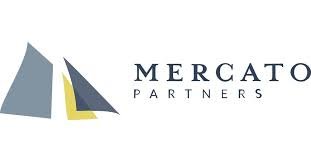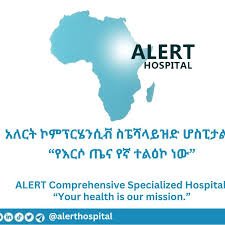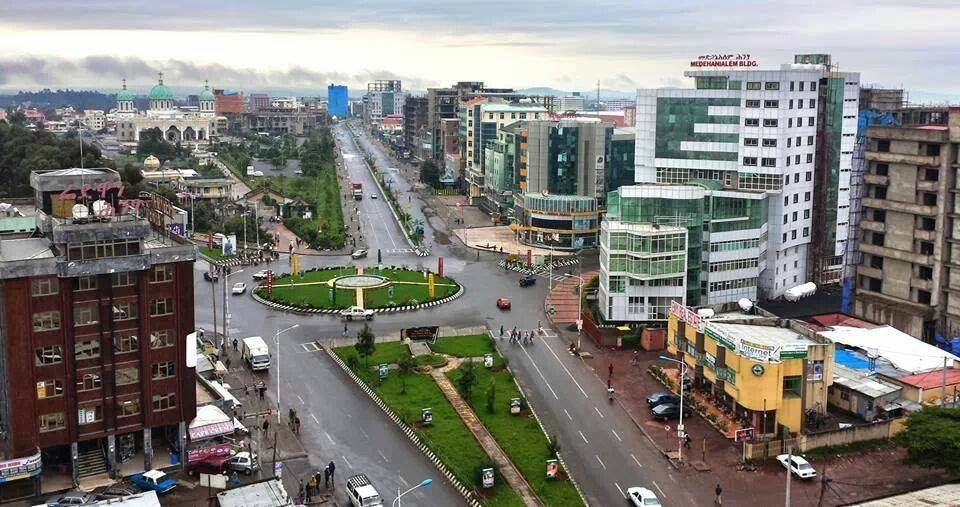
Promoting health equity in sub-Saharan Africa
Oasis Medical Relief has partnered with five hospitals across three different regions in Ethiopia
Mission Statement:
To improve the health conditions in underserved health centers in developing nations by replenishing hospitals with much-needed medical supplies/equipment
Oasis Medical Relief Distribution Schema
Hospital Beds
In Ethiopia, the total number of hospital beds is 11,685. This means that for every 4,900 people, there is only one hospital bed - five times lower than the average for sub-Saharan Africa
This video details Oasis Medical Relief’s recent donation of several thousand dollars’ worth of advanced medical equipment to ALERT Comprehensive Specialized Hospital in Ethiopia. This contribution supports the hospital’s commitment to providing quality patient care across multiple specialties, including Trauma Care with Orthopedic Surgery and Neurosurgery, Emergency and Critical Care, Plastic Surgery, Dermatology, and Eye Care.
We extend our special thanks to ALERT Hospital’s Chief Medical Director, Dr. Tsegay Gebreanenia, for his partnership in this initiative.
Meet The Team
Eyasu Kebede
As someone who has been exposed to healthcare systems in both Ethiopia and the United States, Eyasu has a fundamental belief that the standard of healthcare in developing nations should be the same as that of developed ones. It is his dream to address health inequity issues regarding the medical equipment scarcity that Ethiopia and many other developing nations face. Eyasu believes that research can be used as a vehicle to implement necessary changes in global health. After graduating from Stanford University in 2019, he spent a year in healthcare consulting and hopes to continue his work in promoting health equity in sub-Saharan Africa.
Ezra Yoseph
An early visit to his parents’ homeland during his formative years is what shaped Ezra’s understanding of health disparities in Ethiopia. He wishes to use his knowledge of public health and policy to help improve the lives of patients in under-resourced Ethiopian hospitals. Ezra is particularly interested in finding ways to decentralize the medical equipment distribution process in Ethiopia. He sees this as a potential solution to the prominent healthcare inequities seen in rural Ethiopian hospitals. At Stanford, Ezra studied Human Biology and concentrated in neurobiology. Now a student at Stanford Medical School, he hopes to use what he learns to further his advocacy work for underserved populations.
Eliyas Asfaw
Since a young age, Eliyas has had multiple interactions with healthcare facilities in Addis Ababa. Having experienced the dysfunction and lack of pain management in acute settings, he aims to alleviate the various systemic issues that riddle the horn region at large. Eliyas studied Public Health Sciences at the University of Michigan, focusing on Epidemiology. He is starting medical school in the fall at the University of Michigan and will actively continue to grow the reach and impact of Oasis Medical Relief.
Henock Asaye
As a first-generation Ethiopian-American, Henock has always been passionate about Ethiopia and the disparities that have ravaged the African continent. Through his travels, while attending Duke University, he gained a greater glimpse of the harsh realities that have faced Ethiopians for decades. As a global-minded learner, he is interested in learning more about emerging markets around the world with an eye towards equity. As he progresses through his career, he hopes to continue to learn more about international development, business, and healthcare.

In Ethiopia, the lack of proper management of medical equipment has limited the capacity of health institutions to deliver adequate health care. It is estimated that only about 61 % of medical equipment found in Ethiopian public hospitals and other health facilities are functional at any given time.
Partner Organizations
Yale Med-Eq
Nifas Silke Mother-Child
Health Department
Duke REMEDY Program
Mercato Partners
Alert Hospital
MedShare
Presentations and Publications
Conferences
Stanford University School of Medicine 19th Annual Community Health Symposium
University of Texas Medical Branch 4th Annual Migrant and Health Conference
Xavier University of Louisiana 14th Annual Health Disparities Conference
12th European Congress of Tropical Medicine and International Health Conference
Projects
Completed
Examining Perspectives of Healthcare Workers’ Perspectives concerning Medical Equipment Availability in Three Ethiopian Hospitals: A Qualitative Pilot Study
Publication: Cureus Journal of Medical Science
Ongoing
Examining Health Disparities Among Ethiopian-American Immigrants

Interested in partnering with local hospitals to donate unused medical equipment?
Contact us to learn more
Make a donation.
All donation proceeds will be made to help distribute medical equipment to underserved medical centers throughout sub-Saharan Africa

















